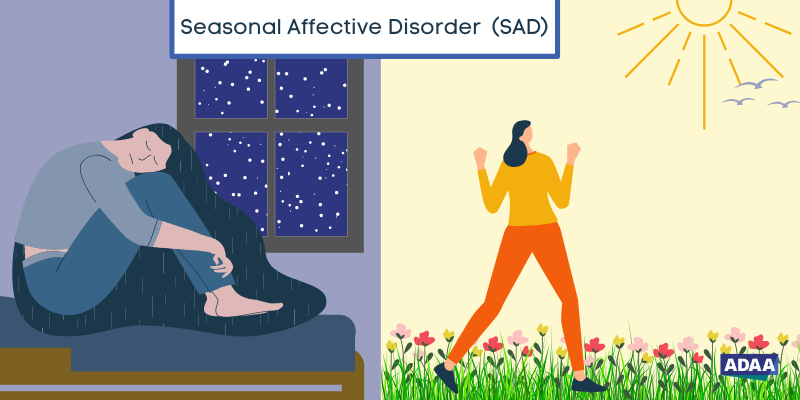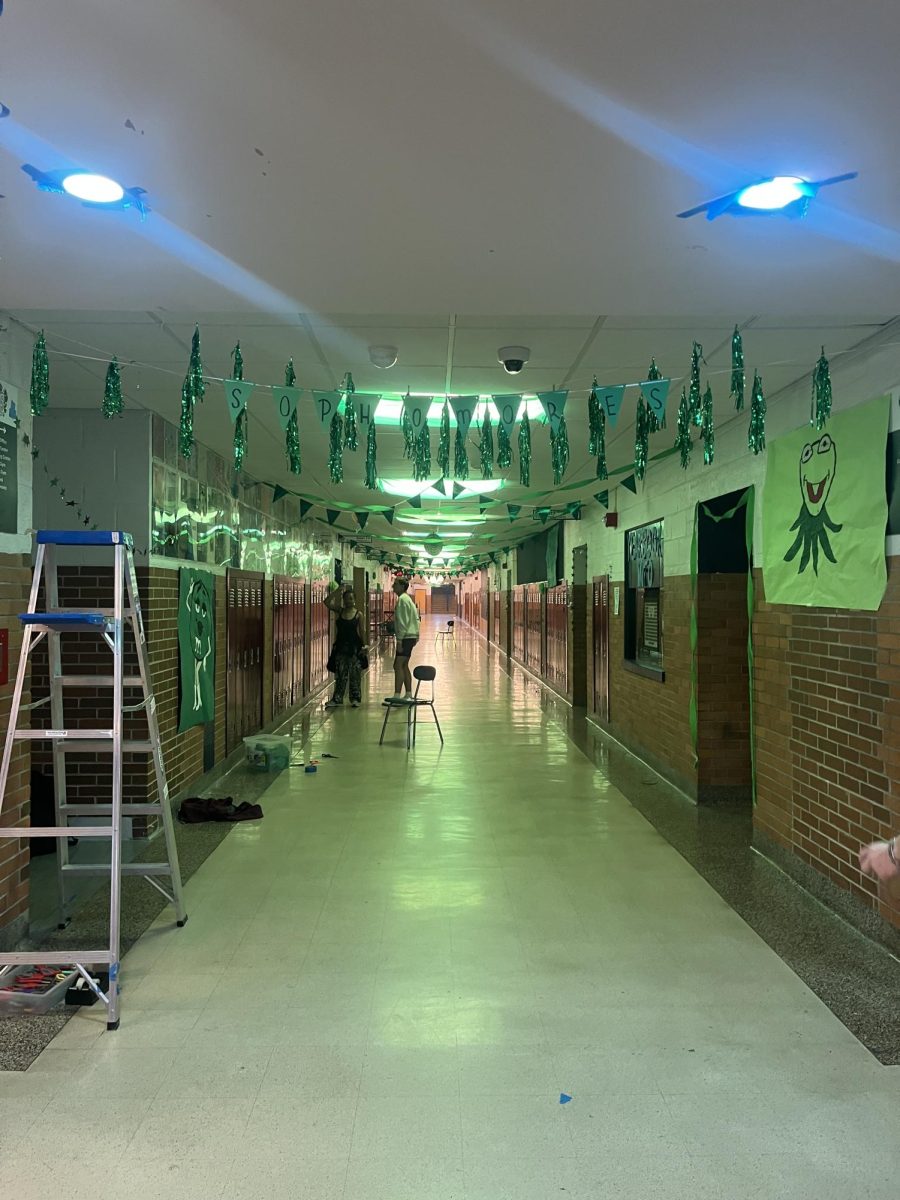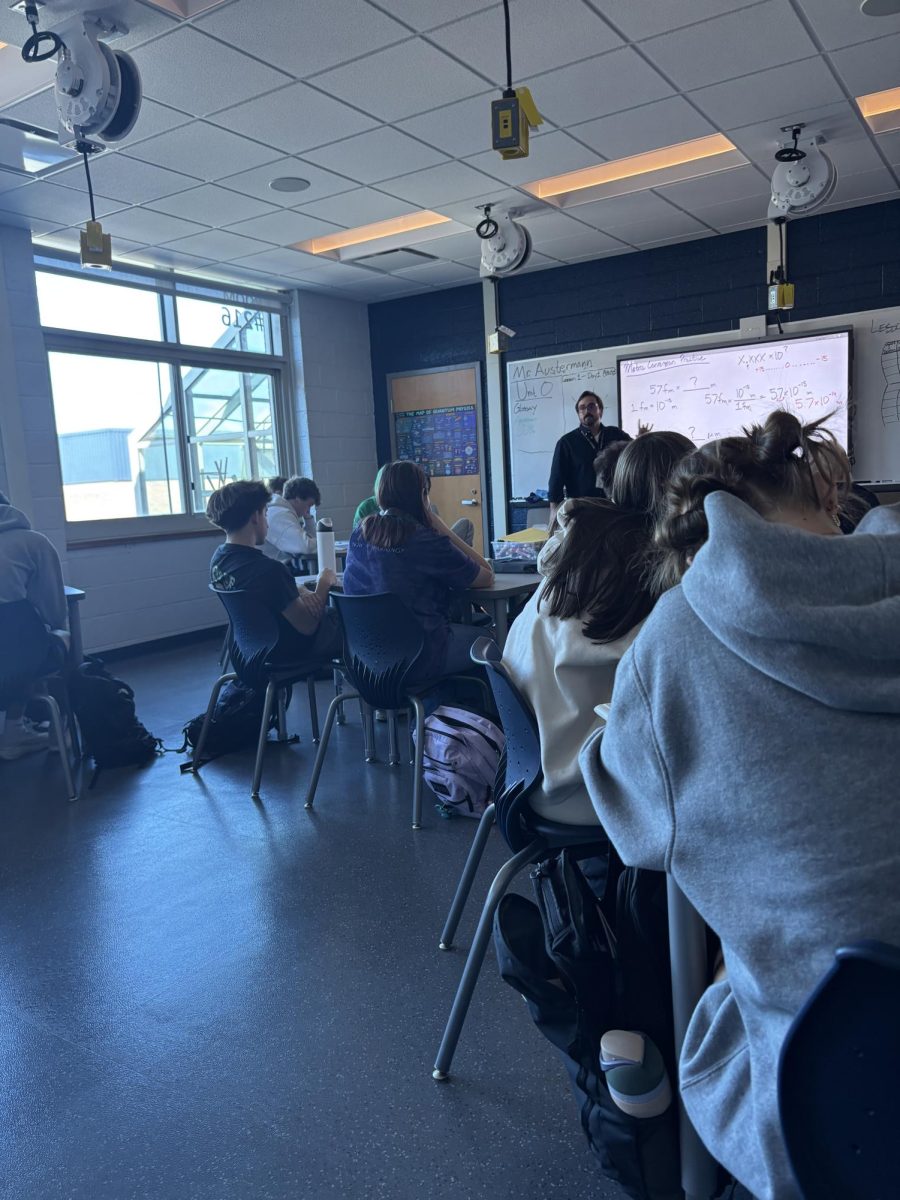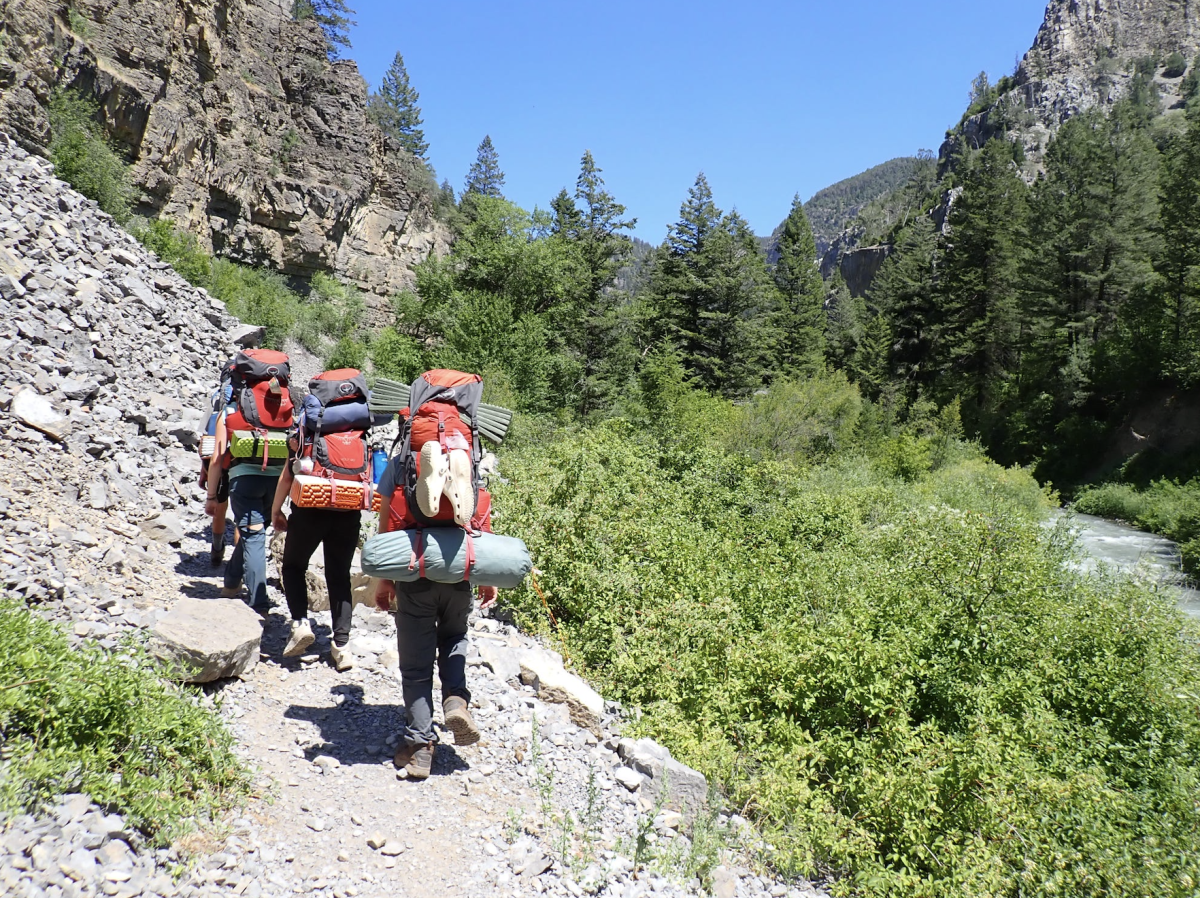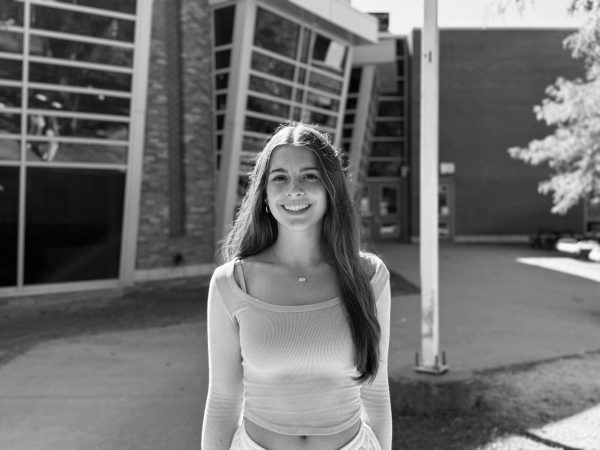As winter settles in and daylight dwindles, many Berkley students find themselves battling stress, low motivation, and even depression—symptoms commonly associated with Seasonal Affective Disorder (SAD).
More commonly known as seasonal depression, SAD is a type of depression linked to seasonal changes. It is characterized by symptoms like fatigue, irritability, and difficulty concentrating. While adults are often associated with this condition, it can significantly impact high school students as well. There are various causes for SAD, including an increase in melatonin production as the days get shorter and darker, causing people to be more drowsy. More related to students, schoolwork seems to get tougher, and people are concerned about their final grades as the semester is ending. Although this specific type of depression isn’t as well known, multiple people experience some form of it, especially during the winter.
Here at Berkley, I anonymously interviewed multiple students, and all seven of them reported being more stressed during this time of year, especially about school. The semester is ending, which means finalizing your grades, which will go on your transcript. Some juniors also mentioned that the SAT seems to be right around the corner, but it is hard to balance school work on top of studying for the SAT. One student states that although more classes at Berkley do culminating projects instead of midterms, those can still be a stressor. “Teachers always cram in tests right around the end of the semester, so I have so much to study for, which can be stressful knowing that it will affect my final grade on my transcript.” Whether it be grades, projects, or testing, school tends to be a lot more stressful, difficult, and time-consuming during this time of year.
Even though there is so much to do, students report being less motivated to complete this work. One factor is that reduced daylight and colder weather seem to affect students’ mental health and motivation. Some students said that having the sun set earlier promotes drowsiness, and not being able to go outside in the sun makes their mental health worse. One student says that spending less time outside makes them feel “isolated,” which is challenging for them. Less daylight time also affects motivation a lot. Humans naturally produce more melatonin when it is darker outside, causing people to feel more drowsy earlier in the day. One student says, “When it’s dark out around 6 or 7, I feel tired and tend to procrastinate my school work more.” Another states that their “mood isn’t as good” when they have less sunlight.
Although the winter months can be difficult to keep up with, all of these students agree that socializing or staying active during this time can help fight feelings of sadness or loneliness. This is scientifically true, staying active produces endorphins, which lower stress, improve mood, and enhance one’s sense of well-being. One student reports that having a “good routine can help someone feel more productive and happier.” Having a support system during this stressful time can also be beneficial. One student explains that “socializing with friends and family is a huge part of mental health for me personally,” and another explains that having someone to talk to about your lack of motivation, sadness, or stress can be really beneficial for your mental health. Some habits that these students personally practice are playing sports, working out, reading, hanging out with friends, and trying to get outside as much as possible, even if it is just to go on a quick walk. While everyone experiences winter differently, these strategies can help many students manage seasonal challenges.
While factors like reduced daylight and school stress are major contributors to winter challenges, technology use during this season can also impact mental health. This tends to be controversial among students. Some say it is the same as using screens during warmer months, but others disagree. A few students said their screen time is much higher in the colder months, which prevents them from doing work. Along with that, some admit they tend to isolate themselves due to screens. One explained that certain social media apps can put you in a “depressing mood because you are seeing other people going through a similar situation and relating to that content” but also said that some could find comfort in this by seeing you are not alone in the way you are feeling.
The winter season can be cold, isolating, and even depressing for tons of people of all ages due to SAD. Even here at Berkley, there are multiple students going through similar feelings that can relate to these issues. During this time of year, try to remember to stay positive, socialize, stay active, and go outside as much as possible. Other recommended things are setting realistic goals to achieve, being patient, and getting help if your situation worsens. If you think you may be depressed, see a healthcare provider as soon as possible and always let your friends and family help you. Berkley students can reach out to the school counselor for support or visit mentalhealth.gov for more information about managing SAD. If you feel similar to those interviewed in this article, try to remember that you’re not alone and there is tons of help available. Remember, winter challenges don’t have to define your season. With the right strategies and support, you can navigate this time successfully and emerge stronger.


